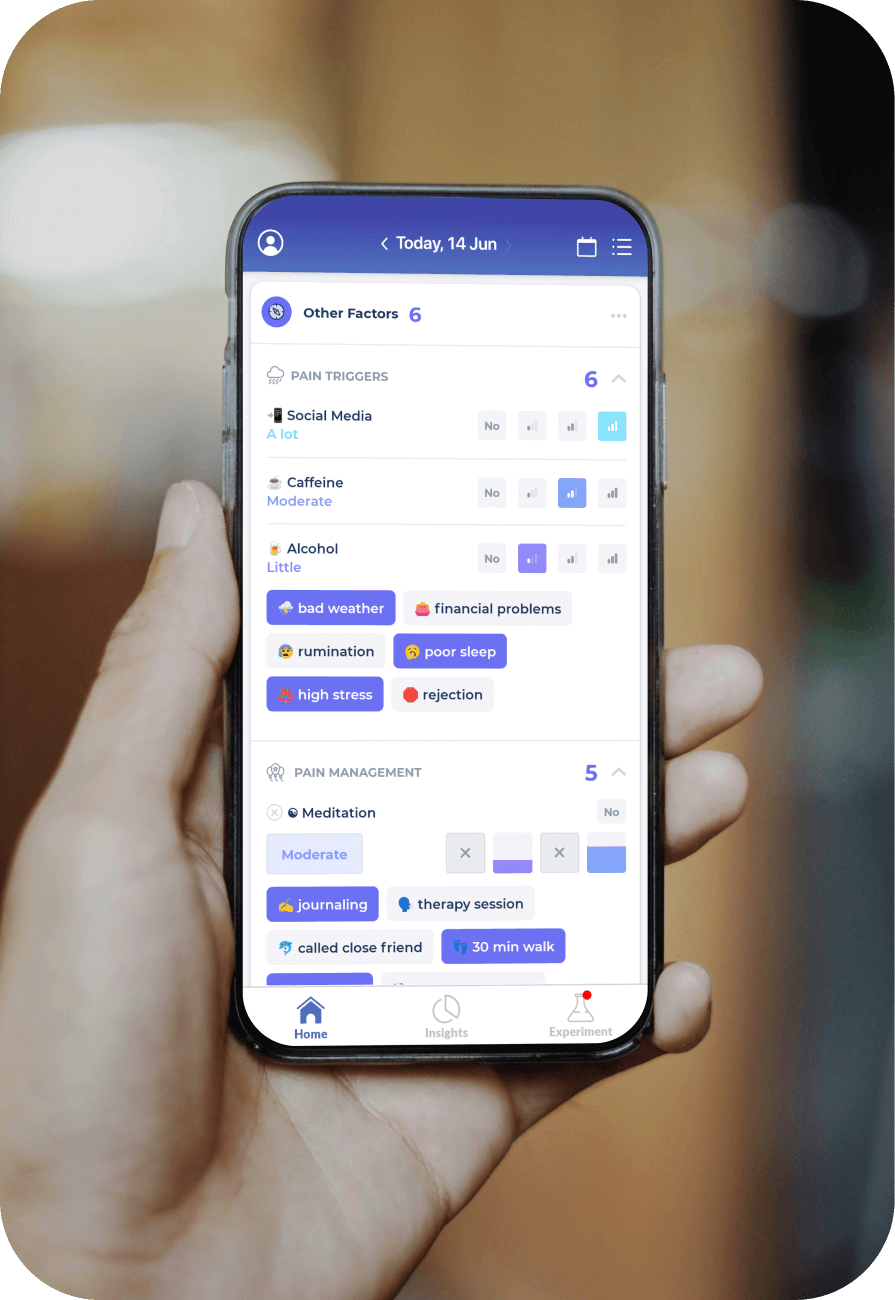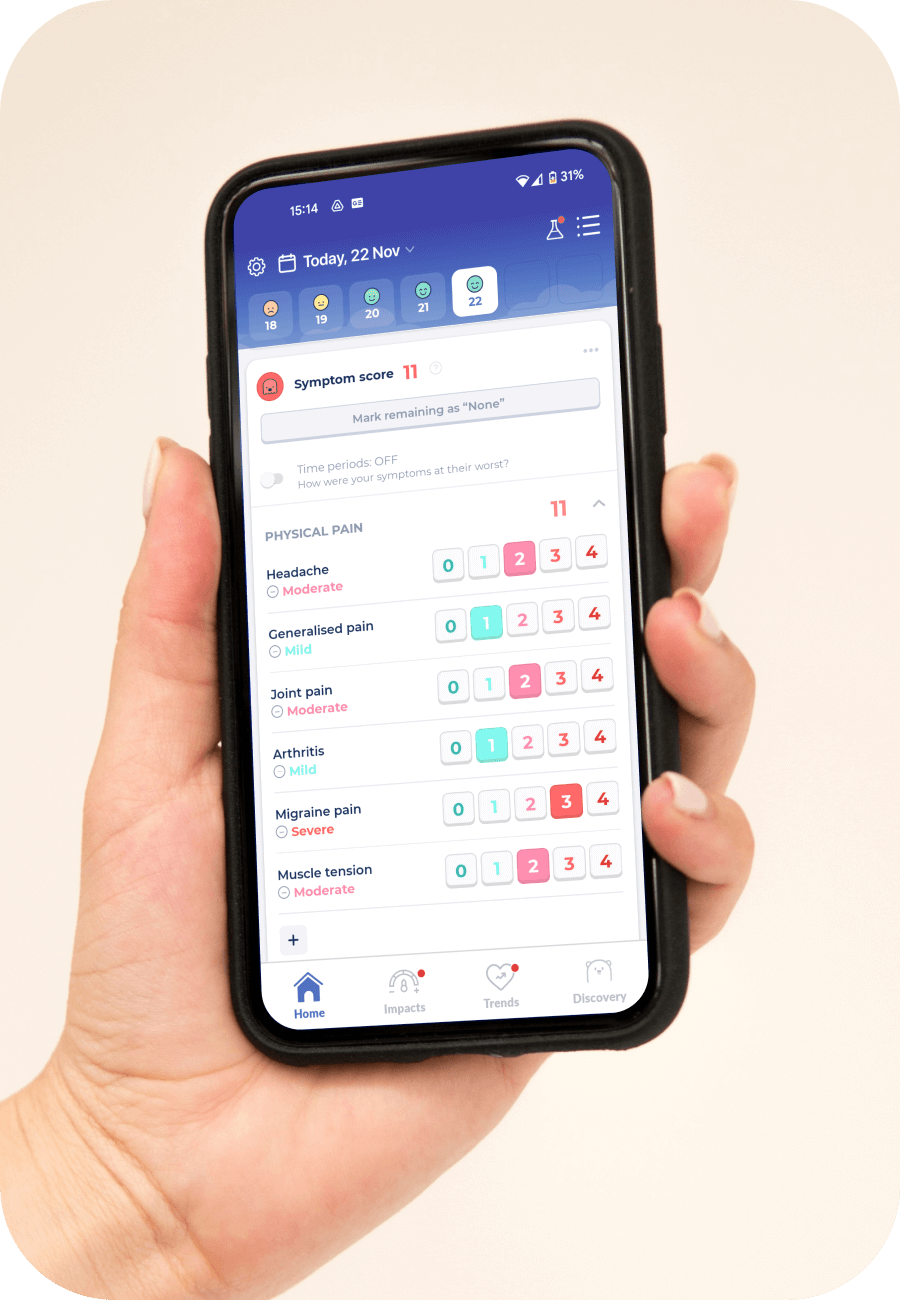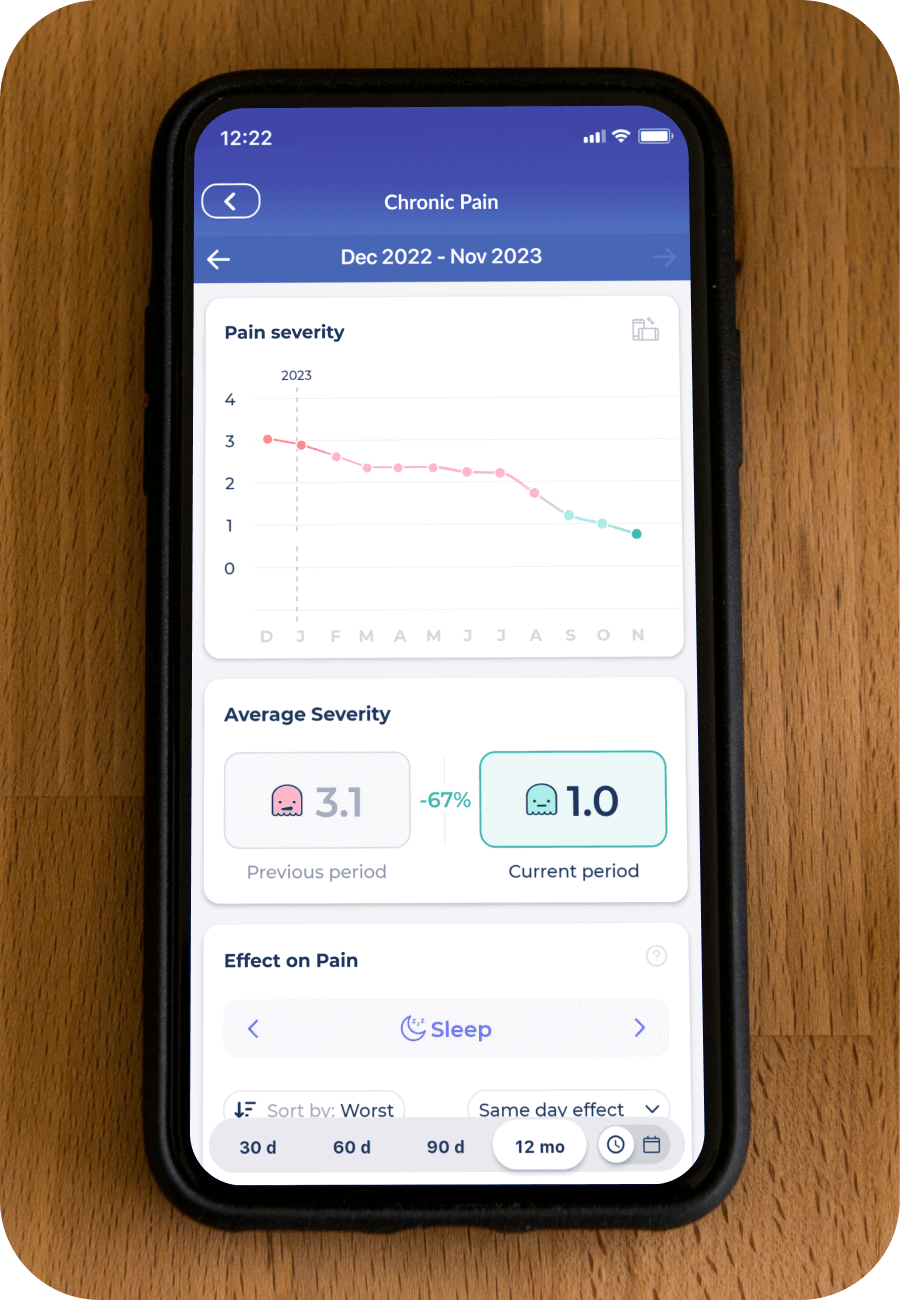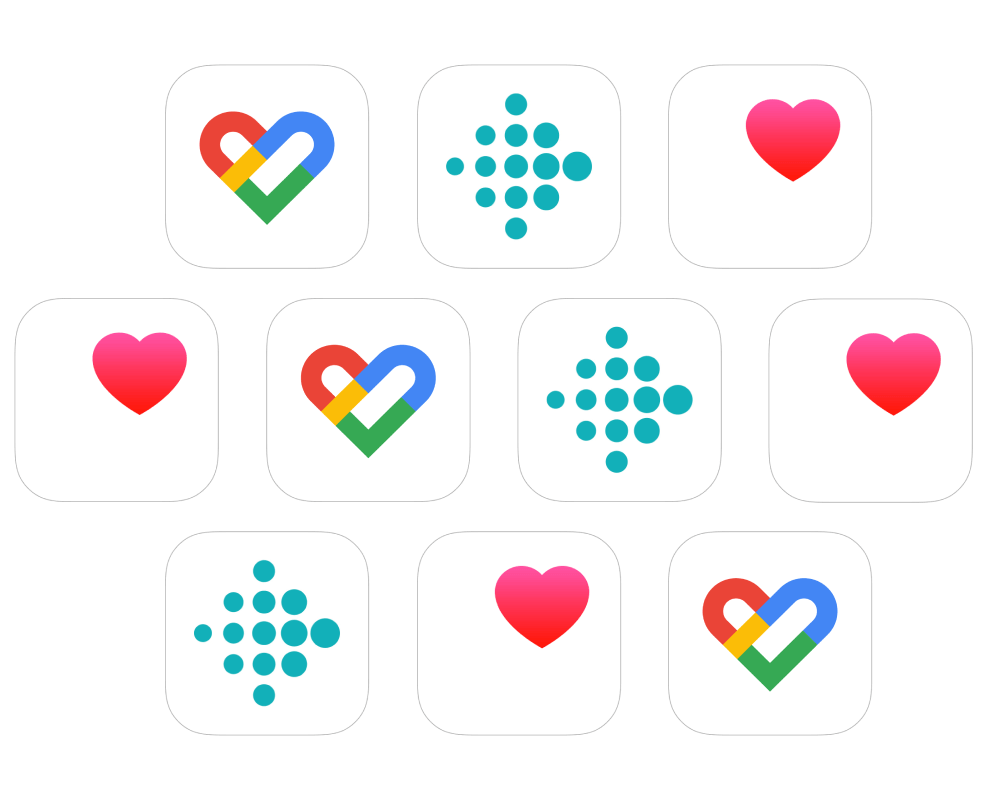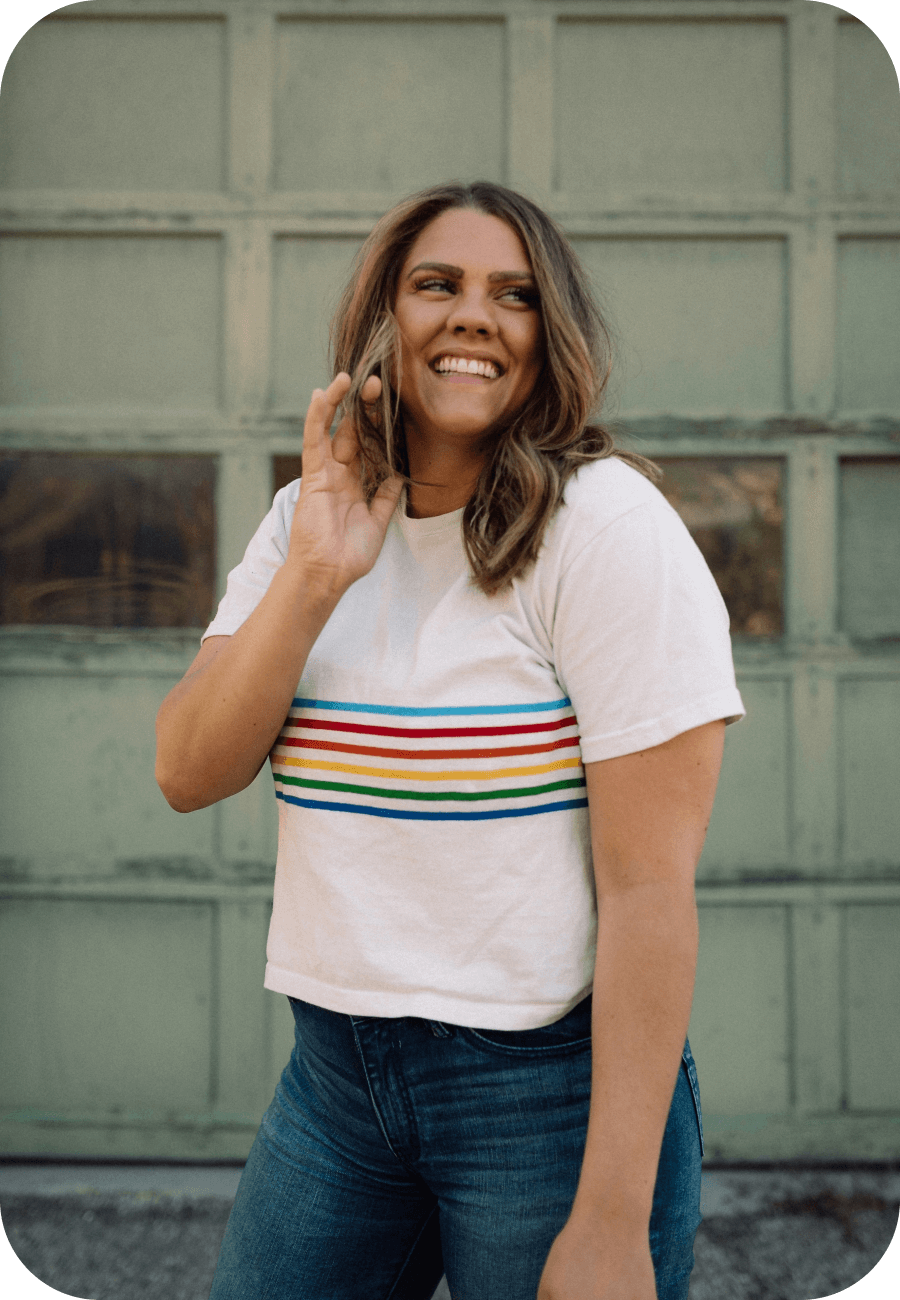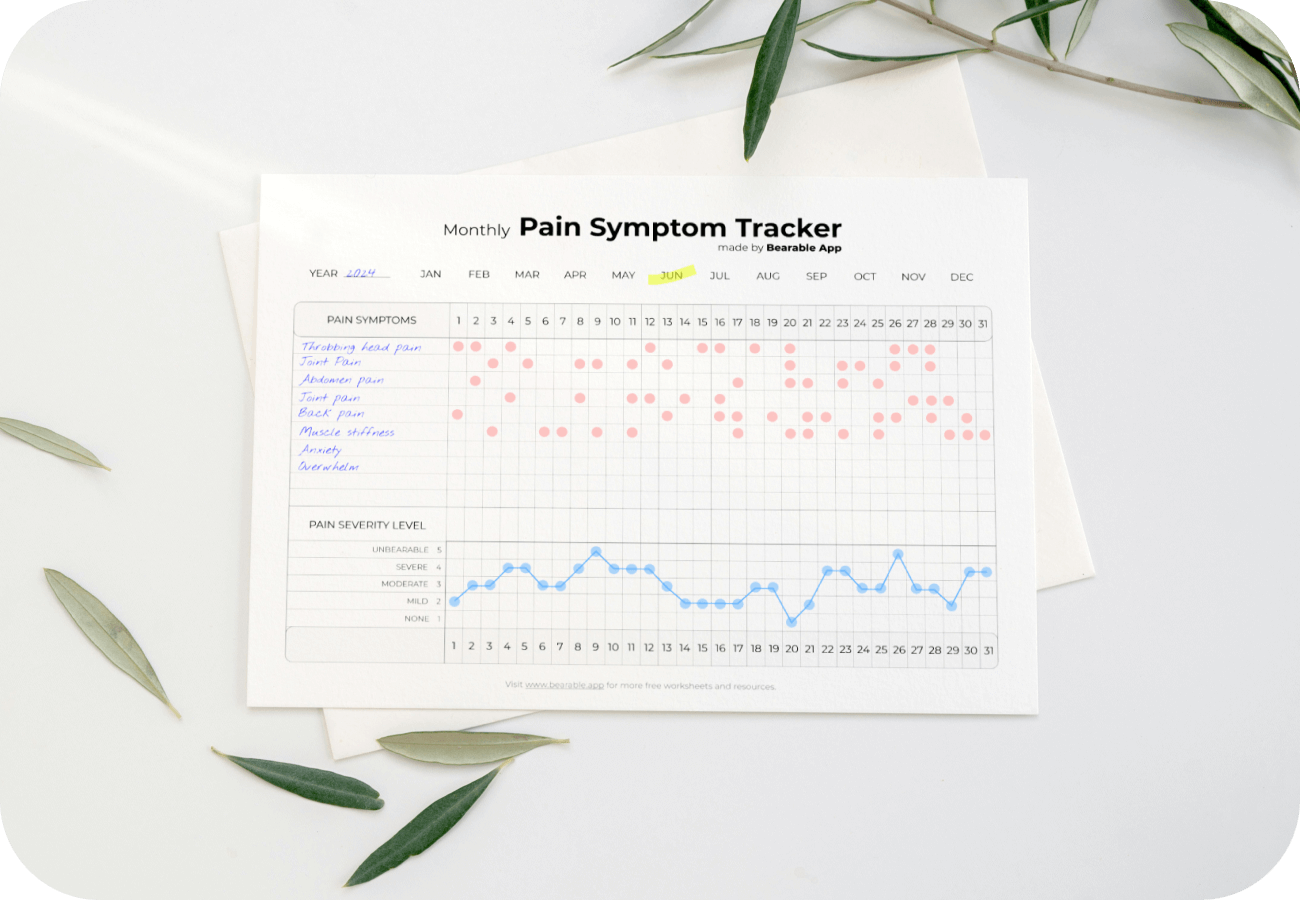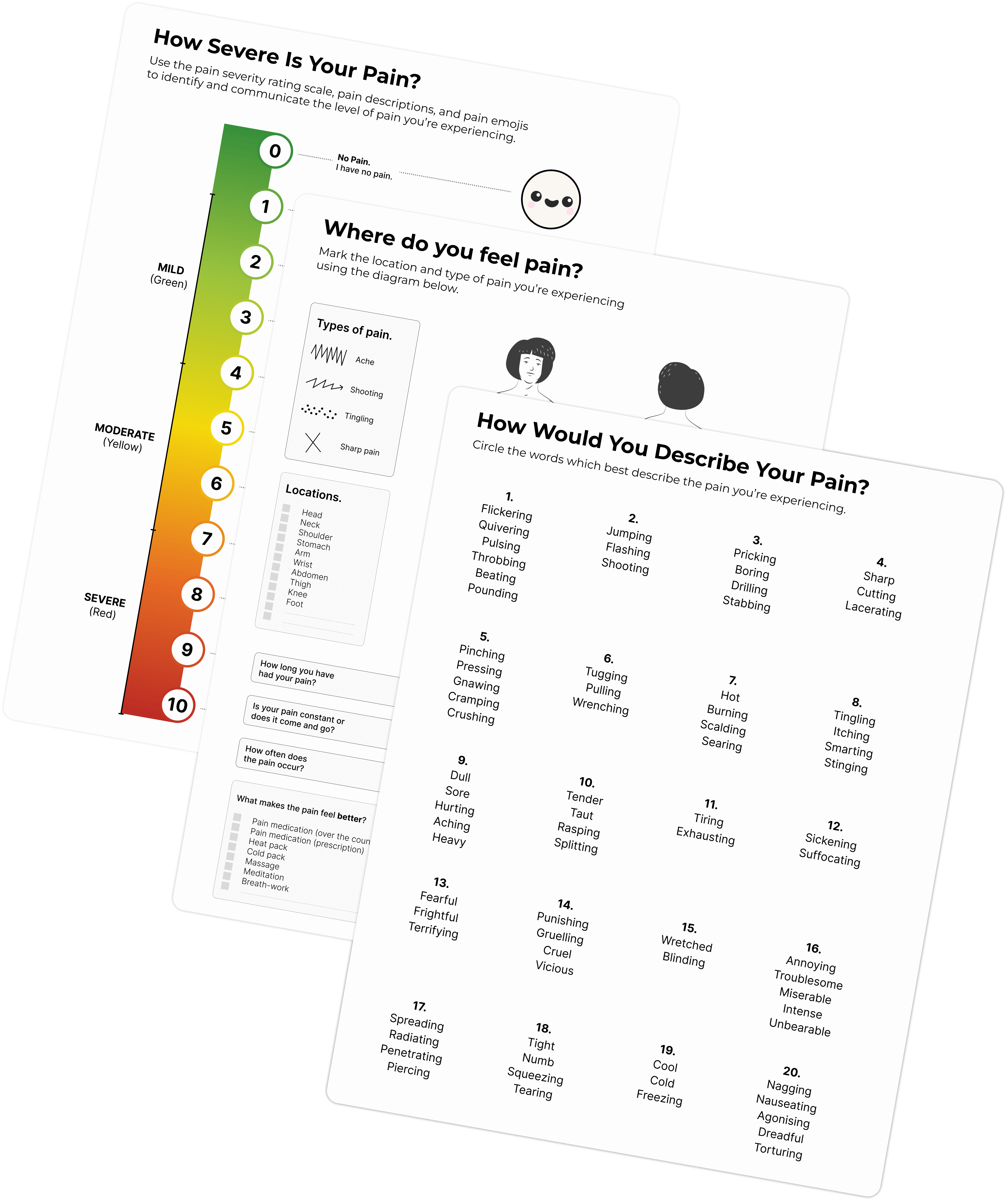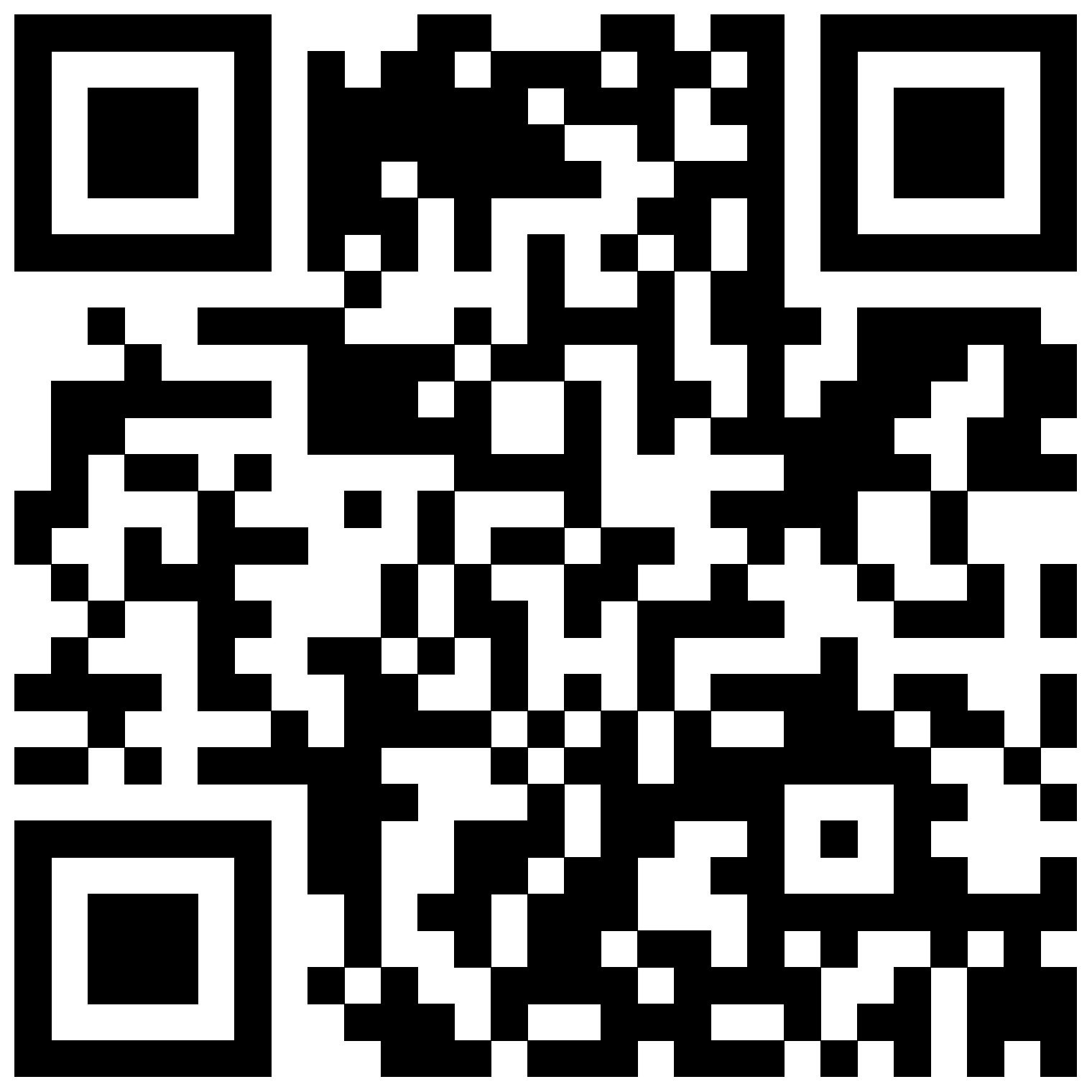Track any of your chronic pain medications, set up medication reminders to help you adhere to your meds schedule, and spot patterns between medications and changes in symptom severity and side-effects.
Examples of common medications for pain that can be tracked in the Bearable app include: Acetaminophen (Tylenol), ibuprofen (Advil, Motrin), naproxen (Aleve), aspirin (Bayer), diclofenac (Voltaren), celecoxib (Celebrex), tramadol (Ultram), oxycodone (OxyContin), hydrocodone (Vicodin, Norco), morphine (MS Contin, Kadian), fentanyl (Duragesic), amitriptyline (Elavil), nortriptyline (Pamelor), duloxetine (Cymbalta), venlafaxine (Effexor), gabapentin (Neurontin), pregabalin (Lyrica), topiramate (Topamax), valproic acid (Depakote), sumatriptan (Imitrex), rizatriptan (Maxalt), erenumab (Aimovig), fremanezumab (Ajovy), galcanezumab (Emgality), methotrexate (Rheumatrex, Trexall), hydroxychloroquine (Plaquenil), leflunomide (Arava), tofacitinib (Xeljanz), etanercept (Enbrel), infliximab (Remicade), adalimumab (Humira), capsaicin cream (Qutenza), lidocaine patches (Lidoderm), corticosteroids (e.g., Prednisone), bisphosphonates (e.g., Fosamax, Boniva), cannabinoids (e.g., Marinol, Epidiolex), ketamine (Ketalar), NSAIDs (various).
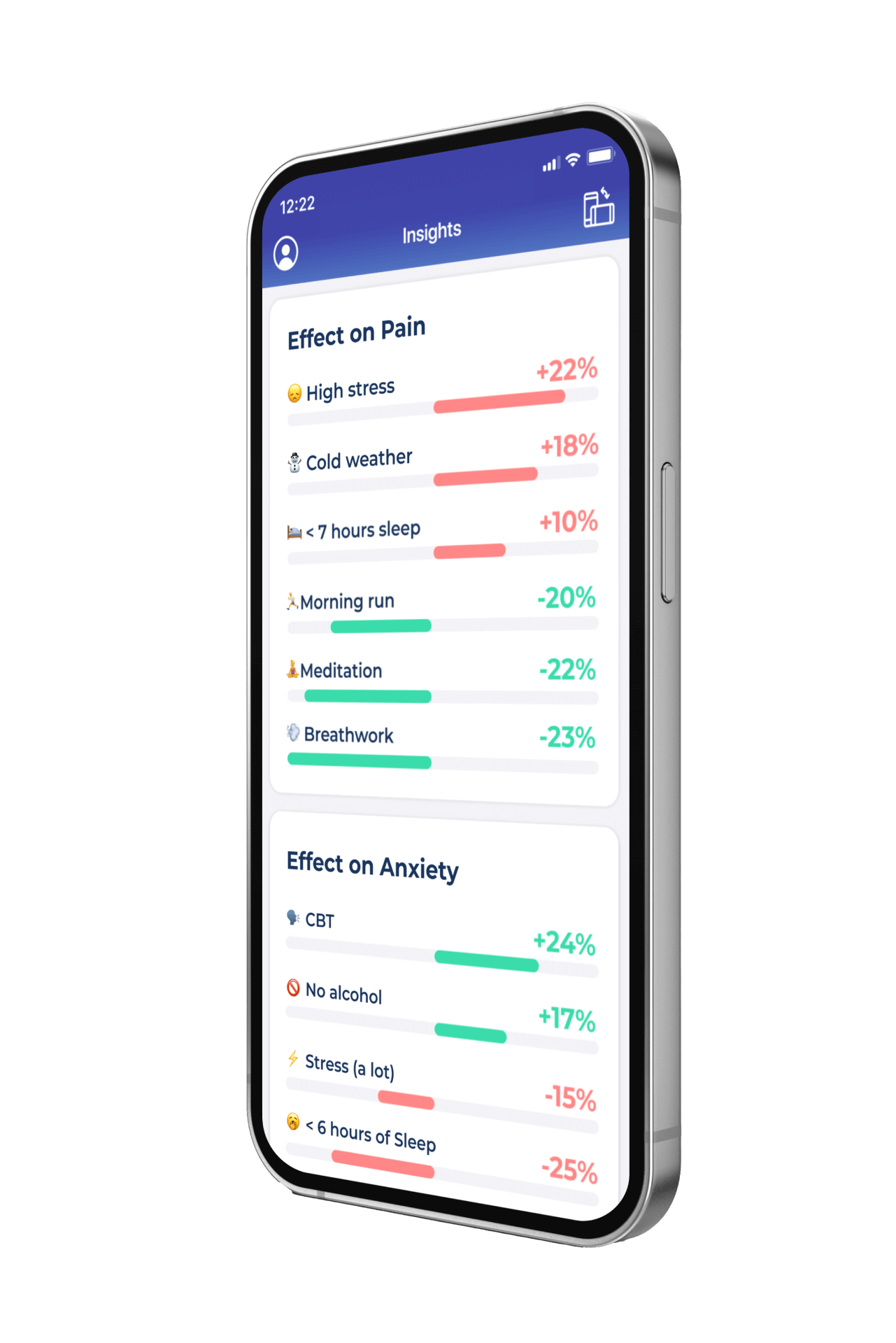
4.7 on App Store
4.6 on Play Store
4.7 on App Store
4.6 on Play Store






